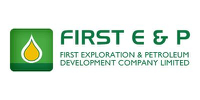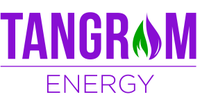When
Tuesday, August 8, 2023 (19:00 - 21:00) GMT+1
Event Details
Climate change is a threat that will continue to impact all nations and people. Since the Paris Agreement
was adopted in 2016, countries have taken various measures and developed policies to support the
decarbonization of their industries. However, recently the conversation has shifted from the energy
transition to "energy transitions," where individual countries and regions navigate their own
decarbonization journey considering the impact on their energy security, continued economic growth,
and equity.
As nations have made commitments to achieve Net Zero emissions targets and decarbonization targets,
the challenge for many countries, especially developing countries, is to consider how to participate in
the economy of future fuels, but to do so in a safe, reliable, and affordable way. Production of
decarbonized fuels and energy can be a catalyst for Nigeria's economy to participate in the next
generation of fuels, while continuing to use its existing natural resources to continue growing its
economy.
In this class, we'll introduce:
• Fundamental terms and concepts in carbon dioxide emissions and decarbonization
• Discuss the energy and fuels transition and decarbonization pathways
• Discuss future fuels and the shift to low-carbon-intensity energy
• Markets, opportunities, and challenges associated with key technologies
In this discussion, we will focus primarily on the decarbonization of power and oil and gas industries, as
these industries are larger carbon dioxide emitters, and relevant to Nigeria's economy.
Event Details
Speakers

F O C Anikpo
Sourcing Leader, SSA at General Electric

Nick Borisow
VP, Business Development at 8 Rivers



















